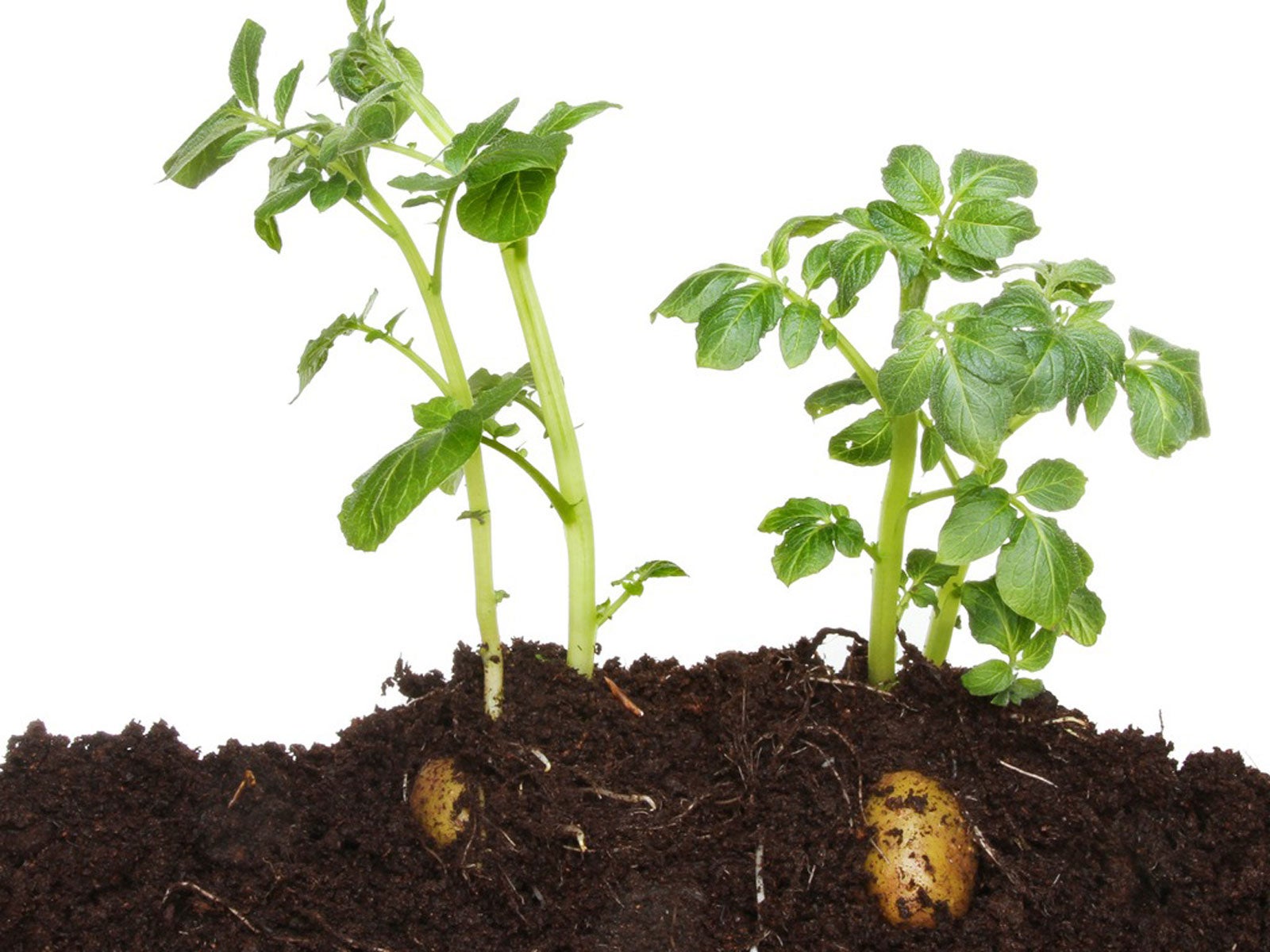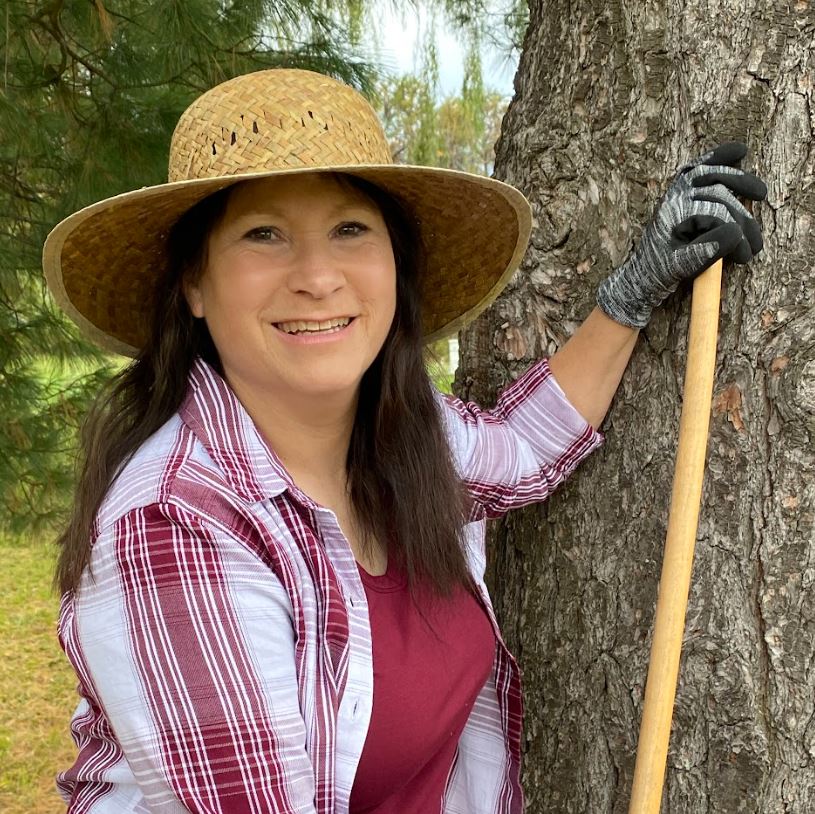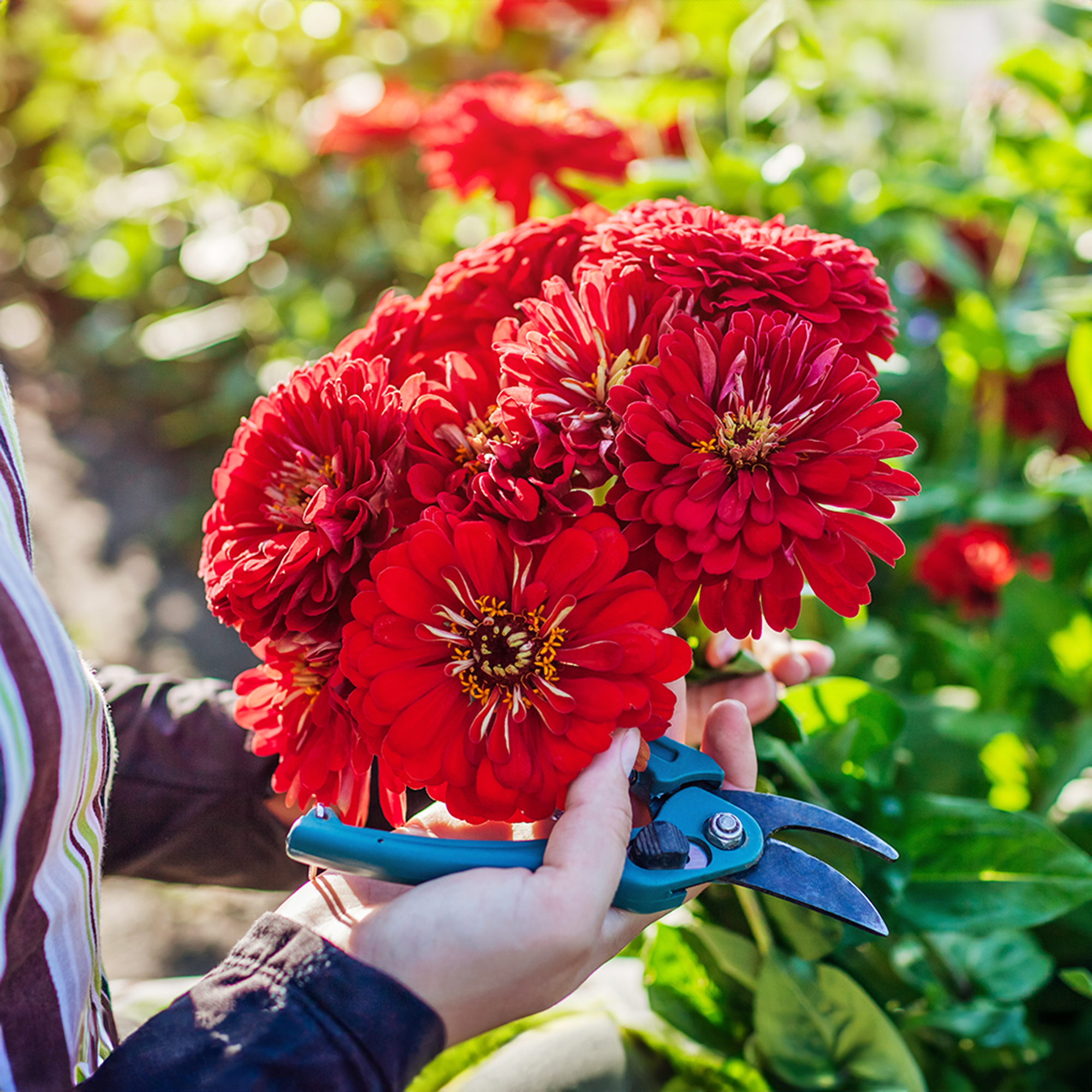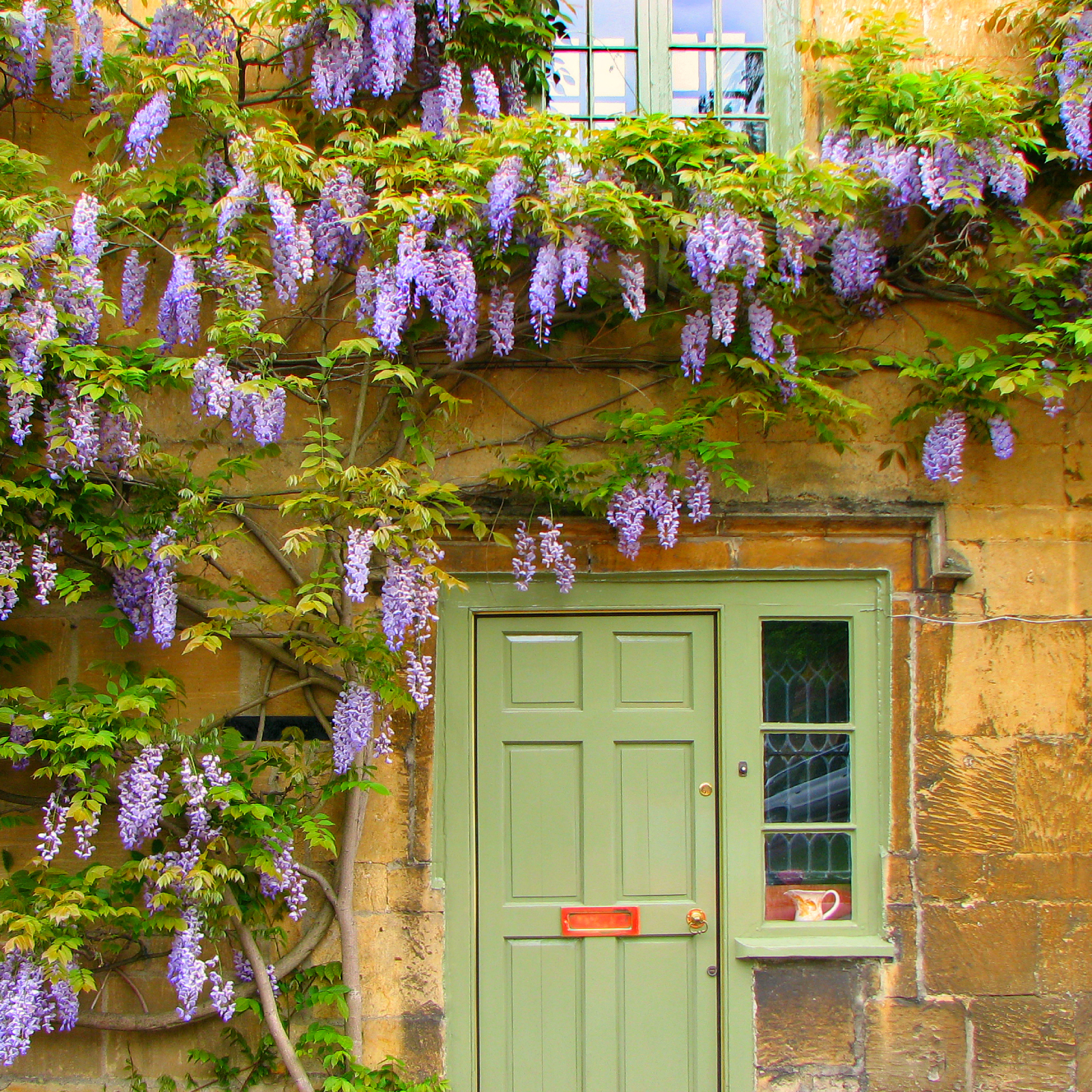Potato Compost Hilling: Will Potatoes Grow In Compost


Potato plants are heavy feeders, so it's only natural to wonder if growing potatoes in compost is feasible. Organic-rich compost supplies much of the nutrients potato plants need to grow and produce tubers, but is pure compost too rich? Will they grow too leggy with reduced yields? Let's find out.
Can You Plant Potatoes in Compost?
Timesaving techniques are relished by busy gardeners alike, so asking “Will potatoes grow in compost bins?” is understandable. Unfortunately, there's no easy answer. First and foremost, one has to consider the composition of the compost. No two compost piles are the same.
Compost made with high nitrogen ingredients, like poultry manure, will naturally have higher nitrogen to potassium and phosphorous ratios. Excess nitrogen is often associated with leggy growth and poor crop yields when growing potatoes in compost.
Additionally, incorrectly or incompletely composted manures can harbor harmful bacteria, such as E. Coli or fungal pathogens, like potato blight. When using compost bin medium to grow potatoes, the latter can be introduced when store-bought potatoes carrying blight spores were inadvertently tossed in the bin.
Thus, the answer to the question “Will potatoes grow in compost,” is yes, but the results can be varied and unexpected. There are, however, better ways to use compost in the cultivation of potatoes.
Tips for Growing Potatoes in Compost
- Soil Amendment – In lieu of directly cultivating potatoes in compost bin medium, add plenty of organic compost when working up the soil for potatoes. Root crops grow best in loose soil with good drainage, both of which can be improved with the addition of compost.
- Potato Compost Hilling – Use finished compost to hill potato plants. The technique of hilling potatoes increases yields, keeps weeds down, and encourages potato plants to grow higher rather than spread out in the garden. This makes it easier to find and harvest potato tubers in the field. Potato compost hilling provides a loose medium so tubers can easily expand without twisting or indenting from heavy soil or rocks.
- Container gardening – Cultivating container potatoes in compost bin soil is another commonly used garden technique. A small amount of compost is placed in the bottom of the container, then the seed potatoes are planted. As the potatoes grow, more compost is periodically layered with straw in the container. Slowly adding compost prevents those large bursts of nutrients which can cause green growth spikes and reduce tuber production.
- Bagged compost mixes – Some gardeners have found success by using bagged soil and compost mixes. Simply poke several holes in the bottom of the bag for drainage, then cut open the top. Remove all but the last 4 to 6 inches (10-15 cm.) of soil. Roll down the bag as you go. Next, plant the potato seeds. As they continue to grow, slowly add back the soil mix making certain to leave the growing tips on the potato plants exposed. Once the potatoes are harvested, the compost-soil mix can be added to the garden or flowerbeds provided the potatoes remained disease and pest-free.
Whichever method you choose, growing potatoes in compost helps feed these hungry plants. This leads to larger yields in the fall and more delicious homegrown potato dishes next winter.
Gardening tips, videos, info and more delivered right to your inbox!
Sign up for the Gardening Know How newsletter today and receive a free copy of our e-book "How to Grow Delicious Tomatoes".

Laura Miller has been gardening all her life. Holding a degree in Biology, Nutrition, and Agriculture, Laura's area of expertise is vegetables, herbs, and all things edible. She lives in Ohio.
-
 Zinnias On Repeat: 10 Glorious Cut-And-Come-Again Varieties For Endless Summer Bouquets
Zinnias On Repeat: 10 Glorious Cut-And-Come-Again Varieties For Endless Summer BouquetsThese zinnia varieties keep giving all summer, making them the perfect choice for dedicated cutting gardens – or just the occasional homegrown bouquet.
By Ellen Wells
-
 Create A Romantic Garden Straight Out Of Bridgerton: Regency Era Romance In Your Garden
Create A Romantic Garden Straight Out Of Bridgerton: Regency Era Romance In Your GardenTry some romantic garden ideas straight out of Bridgerton. Flowers and gardens in the Regency era were lush and charming and you can get the same look!
By Bonnie L. Grant